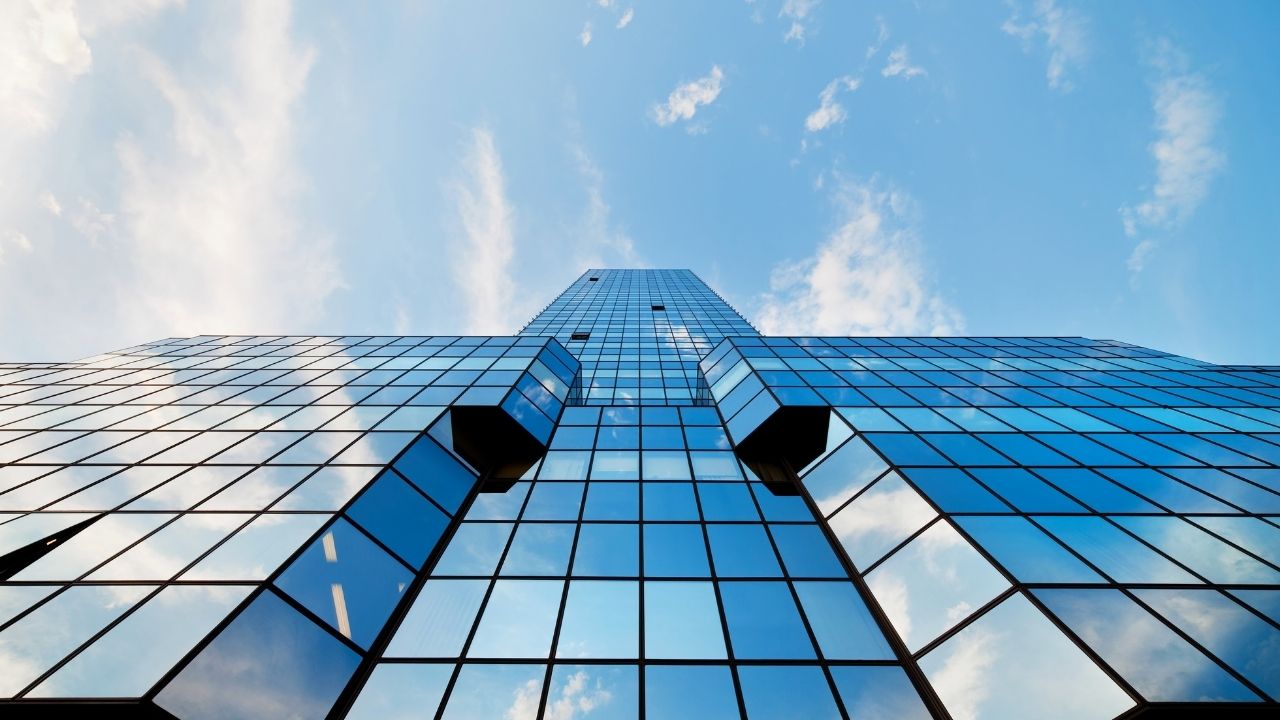Lifestyle
Making Modern Architecture More Functional and Less Phony

Modern architecture is becoming overly decorative at the expense of functionality. Folks continue to add faux touches or cheap materials to structures only for decoration and appearance. The following should help you see why modern architecture needs to change and go back to being functional.
Usefulness
Many nonfunctioning building elements are potentially hazardous and unhealthy. For instance, windows that can’t open from the inside. In the event of an AC malfunction on a hot summer day, functional windows help maintain airflow while waiting for air conditioning repair technicians. They also provide a means of escape in case of fire or other threats from within the building itself.
Interest
More people are interested in genuine architectural designs that are functional. It seems people want to feel like they are getting the most out of their investment, and this is something architects need to keep in mind when designing their next building. Folks who want functionality in every corner of their design are willing to pay for this, which should help reverse the current trend. In residential design more than ever, daring and stunning design are demanded by homeowners. Second hand stay markets like AirBNB and VRBO have made unique homes easy to monetize on a nightly basis, encouraging daring design instead of the same old single-family home.
Wise
Installing elements without purpose is starting to look like a waste of money to some folks. The problem is folks have gotten used to some of these elements as part of a home or commercial building. If they’re going to install them anyway, they might as well be useful. Power outages and other malfunctions are still possible, so having something like a natural fireplace as a backup makes sense.
Why Did it Become Phony?
There are several reasons why architecture became less functional and more decorative. The following are some of those reasons:
Inexpensive Materials
One reason contemporary architecture is overly decorative is that affordable material is available. Manufacturers continued to create more affordable materials that made it easier for folks to design buildings without expensive materials like brick. It should be pointed out that while brick is costly, it’s quite functional. For example, it seems to retain heat much better than other building materials.
Simplicity
The other reason architecture has gotten so decorative is that it’s easier to create buildings that look like they have functional additions, like windows that don’t do anything but look like a window. There are many examples of similar additions that remind you that this is a home or a building without really serving a function. Simplicity continues to rise in popularity because it’s cheaper to design and build.
Technology
Another reason homes and buildings have several different nonfunctional elements is because of technology. For example, creating heat using electricity or gas lines made it possible for folks to avoid the need for chimneys. Still, a lot of people install chimneys even if there isn’t a need. They install them because it makes their property look luxurious; sometimes, they even install a digital screen to replace firewood.
It’s easy to see why the phony elements became popular, but it’s easy to see why there’s a movement pushing back. There’s no telling which side will win; maybe it’ll be both, but it’s good to pay attention.
Lifestyle
Powerful Corporate Gifting Strategies to Build and Strengthen Business Partnerships

If you want to build and strengthen business partnerships with your clients and top investors, there are a few key steps you must take. One essential strategy is corporate gifting. This simple act goes beyond building a partnership. It will also increase your customer retention rate and promote your business even beyond the shore of your country.
But before you consider gifting any item, there are some strategies to put in place. This will ensure your gift makes a lasting impression and resonates well with your clients. Below are powerful corporate gifting strategies to build and strengthen business partnerships with your clients and top investors.
Choose a Personalized Item
Rather than choosing an ordinary gift for your clients and investors, opt for a personalized item. Customised corporate gifts such as T-shirts, coffee mugs, and bags create a stronger emotional connection than generic gifts. They also leave a more lasting impression than most other gift types.
Imagine how investors and your clients will feel when you beautifully inscribe their image or favorite quotes on a T-shirt. Of course, they will feel valued, appreciated, and ready to invest more in your business.
Consider Their Culture and Background
As an entrepreneur, it’s essential to be culturally competent and sensitive. Your gifts should resonate with your clients’ and investors’ cultural backgrounds. Otherwise, they may be quickly discarded or overlooked. If your investors and audience are predominantly of Black heritage, consider giving them a custom T-shirt featuring a map of Africa or inspirational quotes from iconic Black leaders.
Their religious beliefs are also important. Specific religions may find some images or symbols inappropriate. For instance, if you’re giving a gift to a Muslim investor, avoid designs that include images like pigs, as they are considered offensive in Islamic culture.
Consider a Functional Gift
You should also consider the gift’s functionality. A gift that can be used every day will be more valuable than an impractical one. Even if the gift is expensive but doesn’t have any functional purpose, it won’t serve the purpose it was intended for.
Instead of purely sentimental keepsakes or abstract gifts, consider practical items like pens, notebooks, backpacks, coffee mugs, umbrellas, or water bottles. Just make sure the gift is well-designed and features your brand logo and identity. This not only increases brand visibility but also helps strengthen the connection between you and your investors.
Tie it to a story
Tie your gifts to a story to make them more memorable and emotionally meaningful. For example, if during your business’s early days, your employees always worked tirelessly day and night, you could opt for a custom hourglass. Clients and investors who receive such a gift will appreciate your business’s journey of patience and perseverance.
Offer Quality Gifts
Gifts given to investors or clients who have significantly contributed to your business growth should reflect their value. They shouldn’t be cheap or low-grade items. The gift doesn’t have to be trendy or widely popular, but it should come from a reputable and high-end brand. This will give your gift more credibility. Besides, the recipients will feel comfortable to use the gift among their colleagues.
-

 Tech4 years ago
Tech4 years agoEffuel Reviews (2021) – Effuel ECO OBD2 Saves Fuel, and Reduce Gas Cost? Effuel Customer Reviews
-

 Tech6 years ago
Tech6 years agoBosch Power Tools India Launches ‘Cordless Matlab Bosch’ Campaign to Demonstrate the Power of Cordless
-

 Lifestyle6 years ago
Lifestyle6 years agoCatholic Cases App brings Church’s Moral Teachings to Androids and iPhones
-

 Lifestyle4 years ago
Lifestyle4 years agoEast Side Hype x Billionaire Boys Club. Hottest New Streetwear Releases in Utah.
-

 Tech6 years ago
Tech6 years agoCloud Buyers & Investors to Profit in the Future
-

 Lifestyle5 years ago
Lifestyle5 years agoThe Midas of Cosmetic Dermatology: Dr. Simon Ourian
-

 Health6 years ago
Health6 years agoCBDistillery Review: Is it a scam?
-

 Entertainment6 years ago
Entertainment6 years agoAvengers Endgame now Available on 123Movies for Download & Streaming for Free
